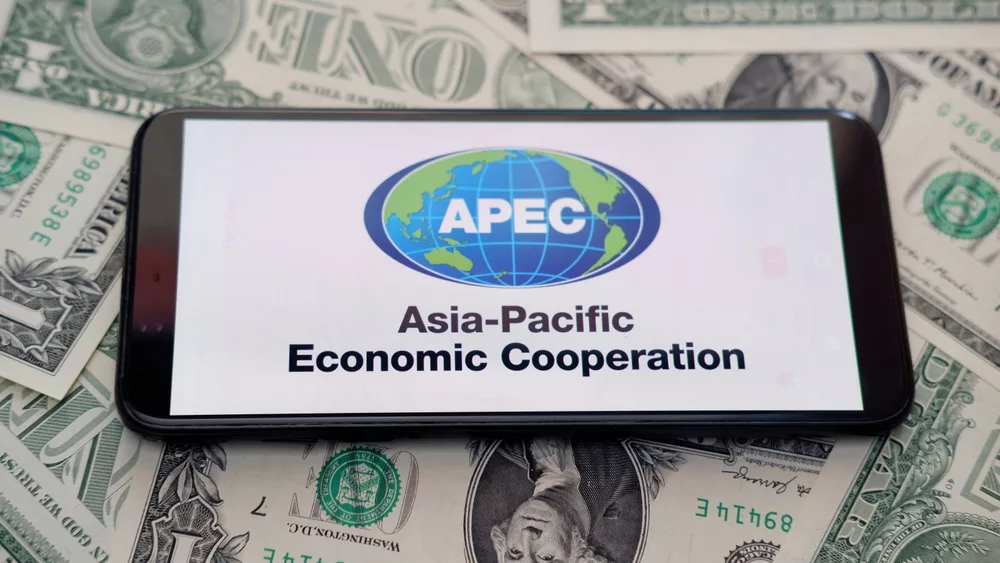
During the week of Nov. 13, the news was dominated by the Asia-Pacific Economic Conference (APEC) that was held in San Francisco. For those of us trying to get to the city, this meant snarled traffic and more time in the car. To those at the conference, much focus was on how China and the United States would emerge from that meeting, especially after Presidents Xi and Biden met.
Our economy’s dependency on goods from outside the United States became very apparent in the pandemic’s opening stages; trade is a major concern for the Biden White House. Economists became amateur shipping-lane watchers as container vessels began backing up at Oakland, Los Angeles and San Pedro shone a hot light on how supply chains from East Asia to the west coast are very important for goods availability and prices.
Economists have been wrestling with how much China’s economy (as a microcosm of East Asia, but its largest economic force) affects the U.S. economy. Does the Chinese economy have the power to turn off supply chains in the future—as statecraft based on the lessons from the pandemic? Recent legislation and proposed funding in the Inflation Reduction Act (IRA) and the “CHIPS” Act from 2022 are both meant to repatriate manufacturing and create more resilient supply chains in the American economy, ostensibly. However, a lower dependence on China for goods across all categories, not just electronics and inputs into electronic devices, is part of these packages.
For decades, the Chinese and American economies have interacted with a mix of symbiosis and mutualism. The last five years have been more of the latter, escalating fears and tensions in ways the APEC meetings may help alleviate. The issues are long-term, geopolitical, financial and deeply-rooted in both history and diplomacy.
China owns approximately 12% of our national debt in 2023. Japan owns slightly more. For years I have been asked how problematic this proportion is in terms of risk to the American economy. Does China have the power to buckle the bond market through a massive sale of dollar-denominated assets? Yes, but it does not have an incentive to lose billions of dollars to do so. The problems would be short-lived and likely lead to a massive transfer of wealth from Chinese to American investors. China needs safe assets now, especially in light of its real-estate market having concerns after years of subsidized financial tools now breaking and creating more risk for the rising Chinese middle class.
The aftermath of the APEC meetings should be an understanding how large economies like China and the United States are better as partners than foes. What is tricky is sorting out the medium-term goals of both economies. In the United States, we have presidential and congressional elections coming, which likely makes China hesitant to create true forward movements before 2025. After 2025, that may change. For the United States, China remains a mystery as to its ambitions toward Taiwan, its coziness with Russia, North Korea, Iran and other nations that are seen as long-term, geopolitical concerns.
For the North Bay, the Chinese economy historically provides inputs for local manufacturing firms, goods on grocery and retailer shelves, visitors to our region and investors in these communities. The changing relationship with China means shifting expectations about financial choice and regional customers and visitors. We need China and they need us; in the North Bay we will see how tensions with China grow or fade, how that affects changes to our communities. Some of it is direct, some indirect, but we do need a better relationship with China to remove a growing specter of conflict, economic or military.



